As part of the EU Cancer Screening Scheme to be put forward under Europe’s Beating Cancer Plan, the Commission presents a new approach to support Member States increasing the uptake of cancer screening. Focusing on detection of cancers at an early stage, the objective of the proposed recommendation is to increase the number of screenings, covering more target groups and more cancers.
This new EU approach, based on the latest available scientific developments and evidence, will support Member States ensuring that 90% of the EU population who qualify for breast, cervical and colorectal cancer screenings are offered such screening by 2025. The new recommendation also expands population-based organised cancer screening to include lung, prostate and, under certain circumstances, gastric cancers.
Vice-President for Promoting European Way of Life, Margaritis Schinas, said: “Cancer is a health priority for us! In the past two years, COVID has taken a toll on cancer prevention, detection, and diagnosis. The sooner cancer is detected, it can make a real difference by increasing treatment options and saving lives. And for this, we need to boost cancer screening across the EU. Today, we again show our commitment to fight cancer decisively and collectively.”
The proposed Recommendation introduces a new EU approach for best practices to improve cancer screening, replacing the current one, which is in place since already 20 years and in urgent need of updating. The proposal is a flagship initiative of Europe’s Beating Cancer Plan and reflects the latest available scientific developments and evidence. Financial support for the roll out of the new recommendations is available, with €38,5 million committed under the EU4Health Programme and €60 million under Horizon Europe. In addition, the Commission will propose additional funding for cancer screening under the 2023 EU4Health programme. Further support can also be provided from the European regional, cohesion and social funds.
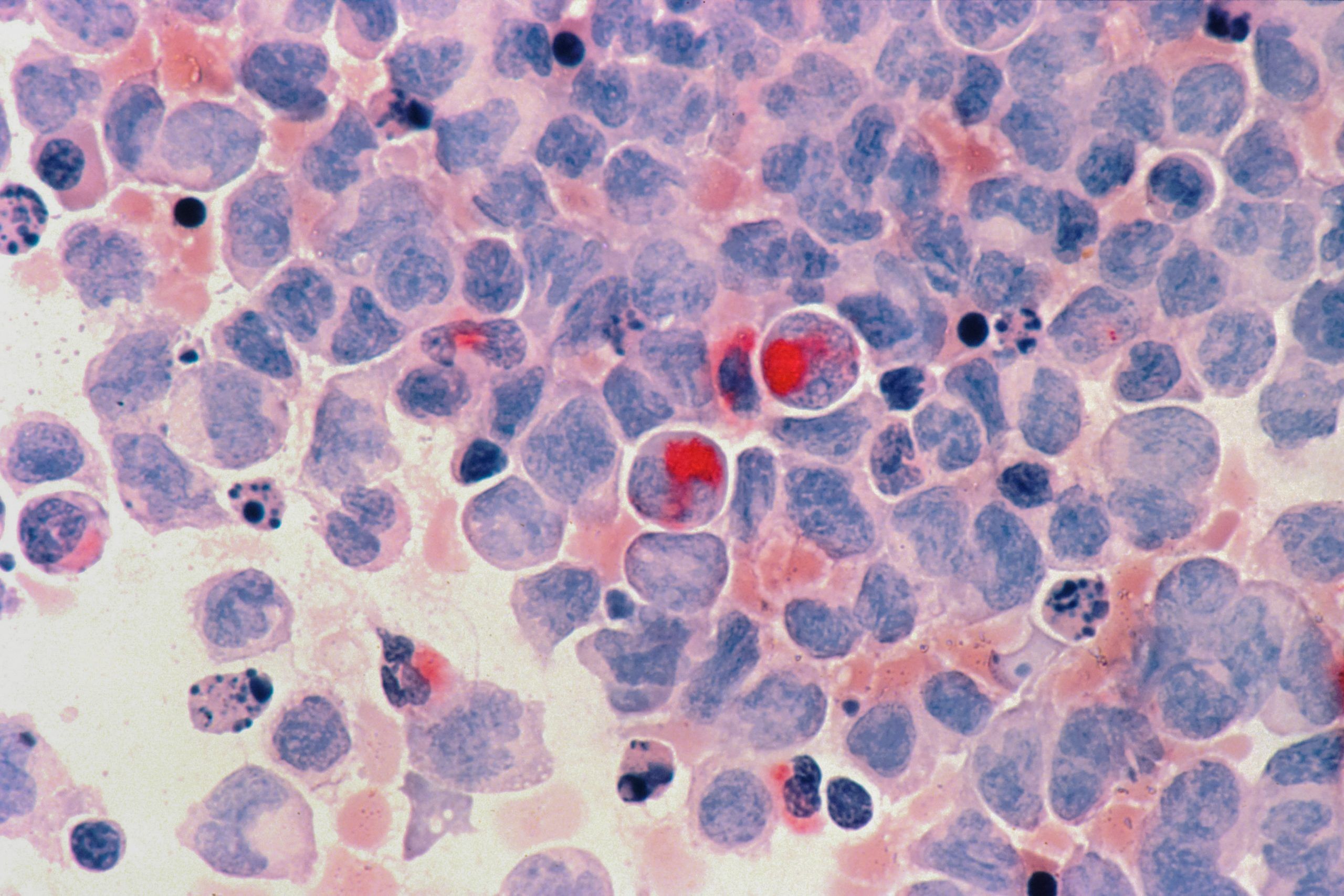
February 4: World Cancer Day |
What is new?
The recommendation aims to increase the uptake of cancer screening for breast, colorectal and cervical cancer to reach the target set in Europe’s Beating Cancer Plan to offer such screenings to 90% of those who qualify by 2025. In addition, targeted screening should be extended to other cancers, notably prostate, lung and gastric cancer.
To facilitate more targeted and less invasive screening, the recommendation:
- extends the target group for breast cancer screening to include women between 45 and 74 years of age (as compared to the current age bracket of 50 to 69);
- recommends that Human Papillomavirus (HPV) testing should take place for women aged 30 to 65, every 5 years or more, to detect cervical cancer, taking account of HPV vaccination status;
- calls for triage testing for colorectal cancer in people aged 50-74 through faecal immunochemical testing to determine potential follow-up via endoscopy/colonoscopy.
Building on the most recent evidence and methods, the recommendation extends organised screening to three additional cancers:
- Lung cancer testing for current heavy and ex-smokers aged 50-75.
- Prostate cancer testing in men up to 70 on the basis of prostate specific antigen testing, and magnetic resonance imaging (MRI) scanning as follow-up.
- Screening for Helicobacter pylori and surveillance of precancerous stomach lesions in places with high gastric cancer incidence and death rates.
The Recommendation pays particular attention to equal access to screening, the needs of particular socioeconomic groups, persons with disabilities and people living in rural or remote areas to make cancer screening a reality across the EU. It is also important to ensure adequate and timely diagnostic procedures, treatments, psychological support, and after-care. The recommendation furthermore introduces a regular systematic monitoring of screening programmes, including disparities, via the European Cancer Information System and the Cancer Inequalities Registry.
To support the implementation, EU guidelines on cancer screening and treatment will be developed with the financial support of EU4Health on lung, prostate, and gastric cancer. Existing EU guidelines on breast, colorectal and cervical cancer will be regularly updated.
Next Steps
Once adopted by the Council, the Recommendation will replace the current Recommendation on cancer screening from 2003.
Background
In 2020, an estimated 2.7 million people in the Union were diagnosed with cancer. According to estimations, one in two EU citizens will develop cancer during their lifetime, with long-lasting consequences on their quality of life, and only half of all cancer patients will survive.
The 2003 Council Recommendation set out recommendations for cancer screening, encouraging Member States to implement population-based, quality-assured screening programmes. It has proved successful at improving cancer screening and making sure that those most affected have easy access to organised screening.
The 2017 implementation report on this Recommendation and the European Guide on Quality Improvement in Comprehensive Cancer Control both identified future challenges and needs ahead. It became clear that the Recommendation had to be revised to take into account the latest scientific evidence.
In the past 20 years, new screening tests and protocols have been validated and introduced in the Member States, and new evidence supports the extension of screening recommendations to other cancers than those covered by the current text.
In February 2021, the Commission presented Europe’s Beating Cancer Plan, a main priority in the area of health of the von der Leyen Commission and a key pillar of a strong European Health Union. Improving early detection is one of the four key areas of the Plan, which announced a revision of the 2003 Council Recommendation on cancer screening as part of the Flagship action toto put forward a new EU-supported Cancer Screening Scheme.
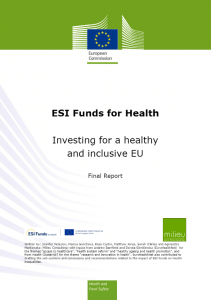
ESI funds for health. Investing for a healthy and inclusive EU : final report |

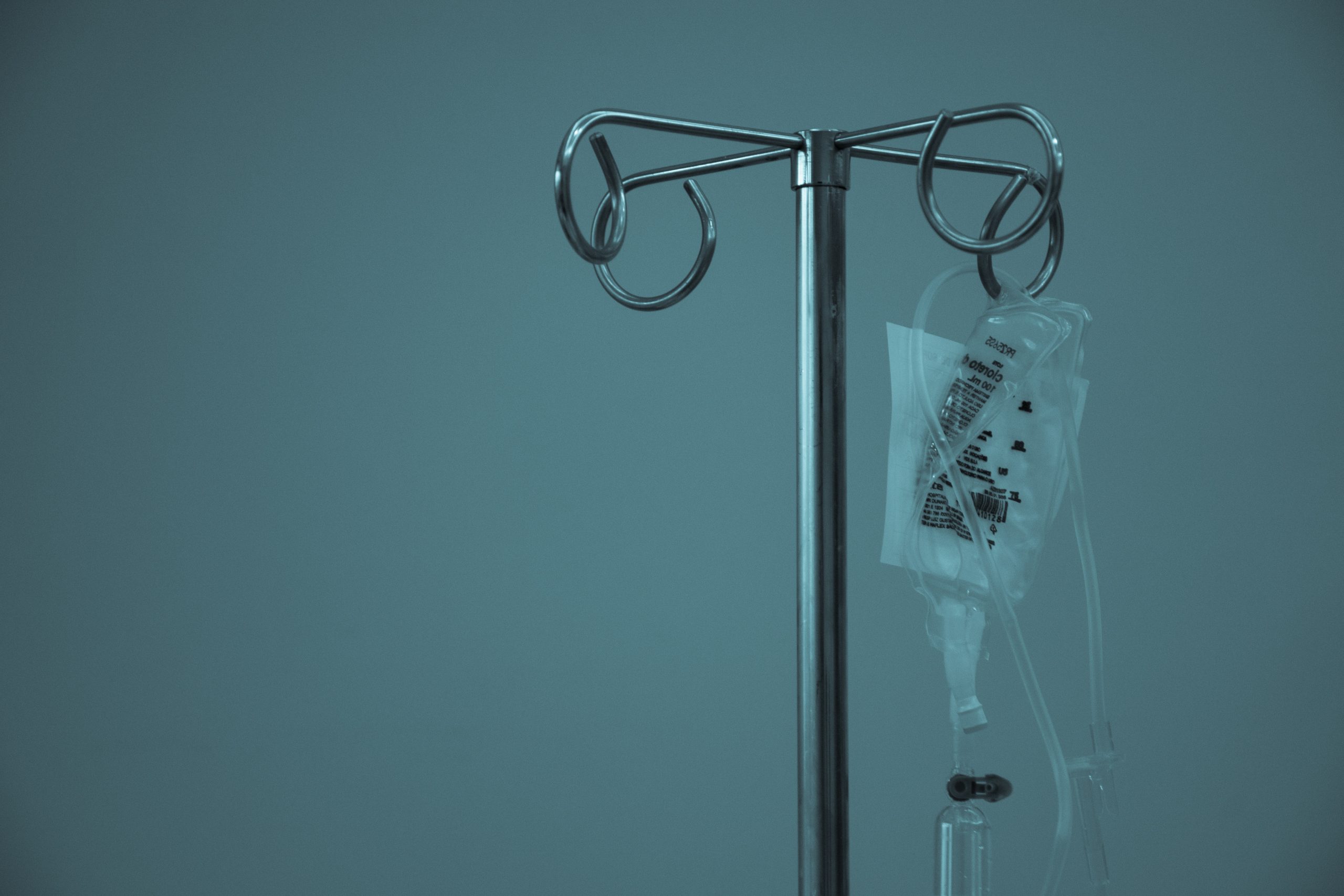
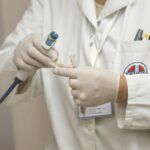


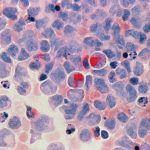
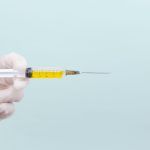
Leave a Reply